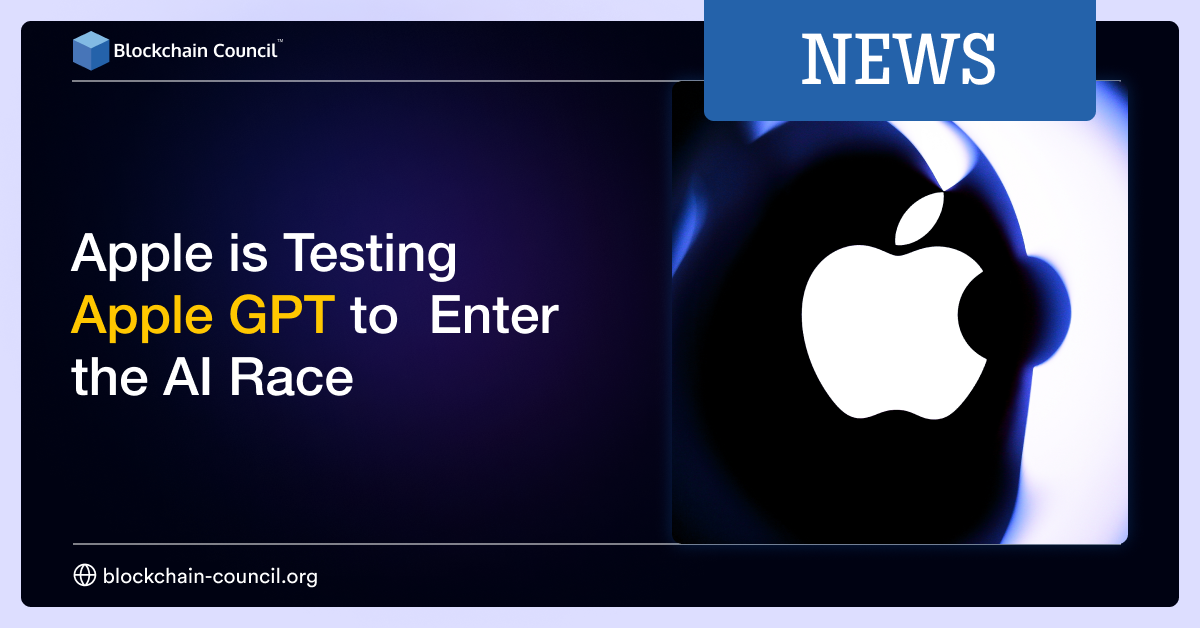
- Blockchain Council
- June 23, 2023
In an era where artificial intelligence (AI) has become increasingly prominent in various domains, including writing, ensuring the integrity of academic literature is of paramount importance. Addressing this concern, researchers from the University of Kansas have developed a cutting-edge machine-learning tool capable of accurately identifying AI-generated writing. With an impressive accuracy rate of over 99%, this tool aims to uphold scientific integrity and promote ethical AI usage.
Addressing Accuracy Limitations in AI Text Generation
AI text generation models, such as ChatGPT, have demonstrated remarkable capabilities in producing coherent and contextually relevant text. However, these models are not without their limitations. In scientific writing, the potential for inaccuracies or the introduction of false information can undermine the credibility and reliability of academic literature. Thus, the development of robust and reliable detection methods is crucial to ensuring the authenticity and trustworthiness of scientific research.
Also read: All About the Google Bard AI Chatbot
Developing an AI-Detection Tool
To tackle the challenge of identifying AI-generated writing, the researchers at the University of Kansas embarked on developing a specialized machine-learning tool. They leveraged the distinctive characteristics of scientific texts to train the model effectively. Initially, they used a set of perspectives articles from the renowned journal Science to train the tool. Subsequently, they fine-tuned the model using a diverse range of samples generated by ChatGPT, an advanced language model. This meticulous training process enabled the tool to accurately differentiate between human-written and AI-generated content.
Achieving High Accuracy
To assess the performance of their AI-detection tool, the researchers conducted comprehensive tests on two distinct datasets. The first dataset comprised articles written by humans, while the second dataset consisted of articles generated by ChatGPT. Remarkably, the developed tool achieved an impressive accuracy rate of 100% when evaluating complete articles. Even when evaluating only the first paragraph, which is often critical for setting the tone and context of a research paper, the accuracy remained consistently high, ranging between 97% and 99%. In contrast, a widely used AI-detection model called RoBERTa demonstrated an accuracy range of only 85% to 88%.
Also read: The Rise of Low-Code and No-Code Platforms for AI Applications
Ensuring Scientific Integrity and Ethical AI Usage
The researchers emphasize that while AI tools like ChatGPT can undoubtedly assist in enhancing the writing process by offering revision suggestions and improving clarity, it is crucial to exercise caution to ensure scientific accuracy and prevent the propagation of factual inaccuracies. Integrating rigorous fact-checking procedures alongside AI-generated writing can significantly contribute to maintaining the integrity of academic literature.
Building Trustworthy AI
The work carried out by the University of Kansas researchers represents a significant milestone in the pursuit of trustworthy AI integration in academic writing. By focusing on the specific genre of scientific articles, the developed AI-detection tool showcases exceptional accuracy, providing a promising proof of concept. The researchers encourage further refinement and replication of their AI-detection method to establish reliable mechanisms for identifying AI-generated content and maintaining the trustworthiness of scientific literature.
The University of Kansas researchers have made remarkable strides in preserving scientific integrity by creating an advanced AI-detection tool. This development is instrumental in ensuring the authenticity and trustworthiness of academic literature in the face of increasing AI involvement in the writing process. By embracing these advancements, individuals and institutions can harness the benefits of AI while upholding the highest standards of scientific accuracy and ethical AI usage.
Also read: The Ultimate AI Glossary: Unraveling the Jargon and Concepts of Artificial Intelligence





































































 Guides
Guides News
News Blockchain
Blockchain Cryptocurrency
& Digital Assets
Cryptocurrency
& Digital Assets Web3
Web3 Metaverse & NFTs
Metaverse & NFTs
